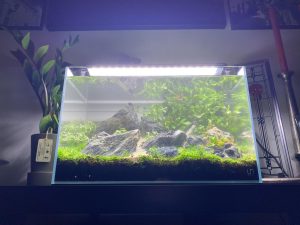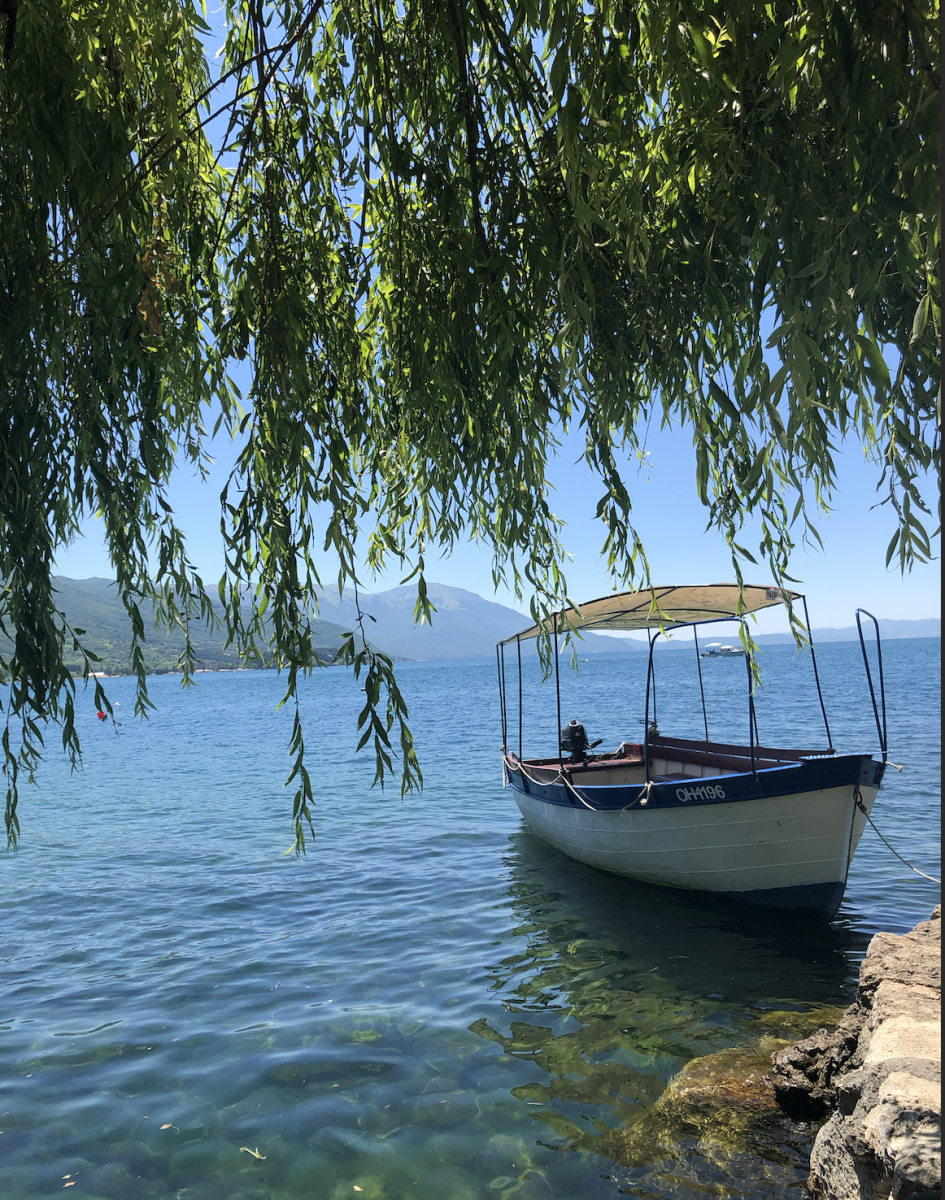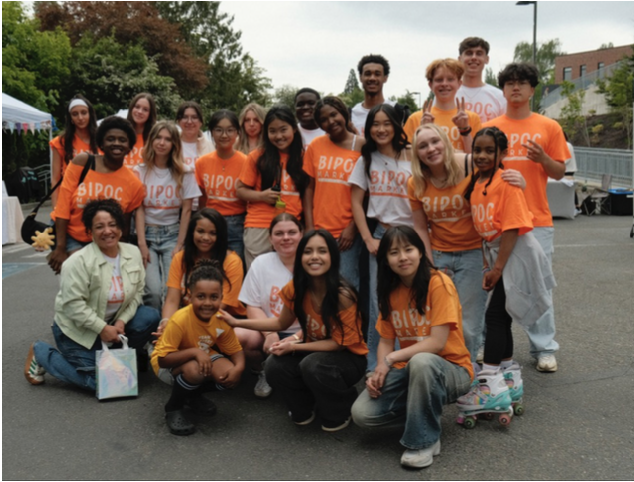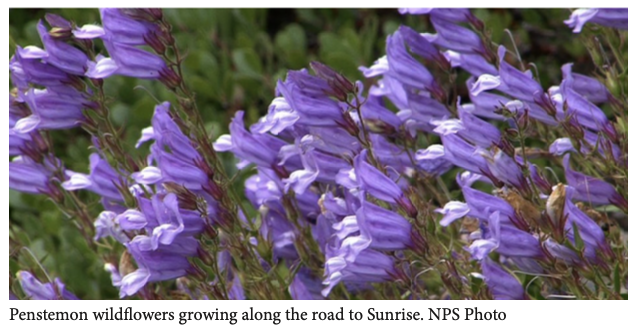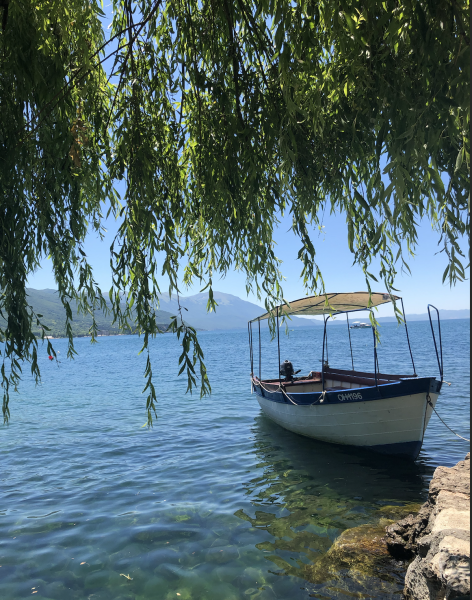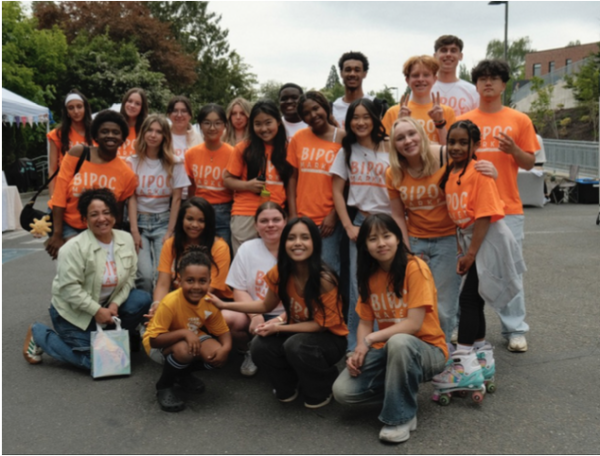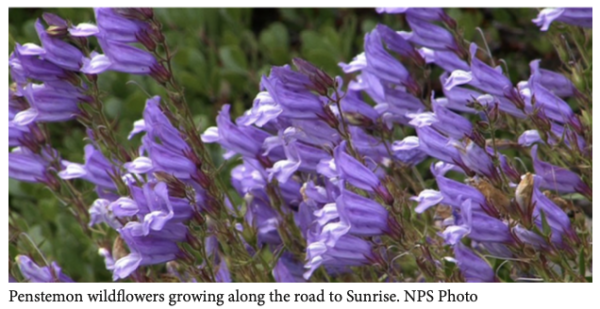Liquefied natural gas plant fuels controversy in Tacoma
photo courtesy of Grace Ritchie
Protests against Puget Sound Energy’s LNG facility have taken place in Pierce County since 2017.
March 27, 2020
A local energy source that is considered a step forward but also a strain to sustainability is the Tacoma Puget Sound Energy (PSE) Liquefied Natural Gas (LNG) facility. Building of the plant and use of LNG have stirred controversy among local stakeholders for more than five years.
LNG is a natural gas that is made up of a mixture of predominantly methane gas and ethane gas that has been cooled down to liquid form for easy transport. Compared to other fossil fuels like coal and oil, LNG is less polluting, as it releases half of the carbon emissions.
According to the Port of Tacoma’s website, “The facility will provide local transportation, including TOTE Maritime Alaska vessels, with a cleaner fuel alternative and will provide customers with dependable energy on cold days.”
Inkwell spoke to President of TOTE Maritime Alaska Vessels Grace Greene about converting her vessels to LNG and the benefits of the energy source. TOTE Maritime is an anchor tenant of PSE and has the world’s first LNG-powered Marlin class container ships. The company has recently completed phase 1 out of 4 of converting their vessels to LNG.
According to Greene, the switch to LNG was a no-brainer. “We had three options for our vessels,” she said. “The first one was to remain using diesel, which would mean letting more particulate matter…and sulfur dioxide into the air. The second one was to use exhaust scrubbers which would reduce sulfur dioxide emissions by 90% and other particulate matter exhausts by 60-90%. The third one was to use LNG, which releases no sulfur dioxide emissions, reduces particulate matter by more than 90% and carbon emissions by 35%, and has virtually no impacts on the groundwater in Commencement Bay.”
In response to the possibility of methane leaks as a result of the LNG plant, Greene said that it would be of minimal worry, as the gas would be conveyed to TOTE via a cryogenic pipeline between the plant and TOTE’s site that safely transports the LNG. She also stated that LNG is cooled to extremely low temperatures to compress the gas, so if there were a leak, the gas would dissipate into nothing if exposed to the air. “LNG is the most environmentally responsible energy source for our vessels,” she said.
Inkwell also spoke with Puyallup tribal council member Anna Bean about her concerns about the PSE LNG plant. The Puyallup tribe has long been in opposition of the LNG plant, having staged protests and rounded up supporters to write to Tacoma city council members to oppose the plant.
According to Bean, the tribe’s main concerns with the LNG plant include “the lack of consultation before the project began; the permitting processes and the work done outside permitting; the location of the plant, as it is right next to their waterways, daycares and homes; the possibility of a methane leak; and the extra strain that it poses on the Port of Tacoma as it is already polluted and poses great threat to the bay and salmon population.”




